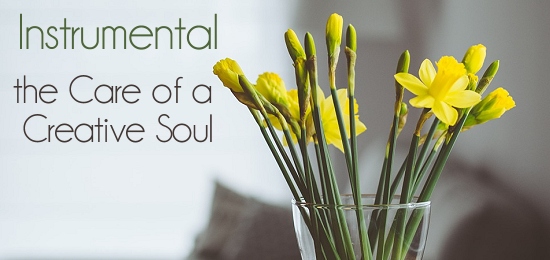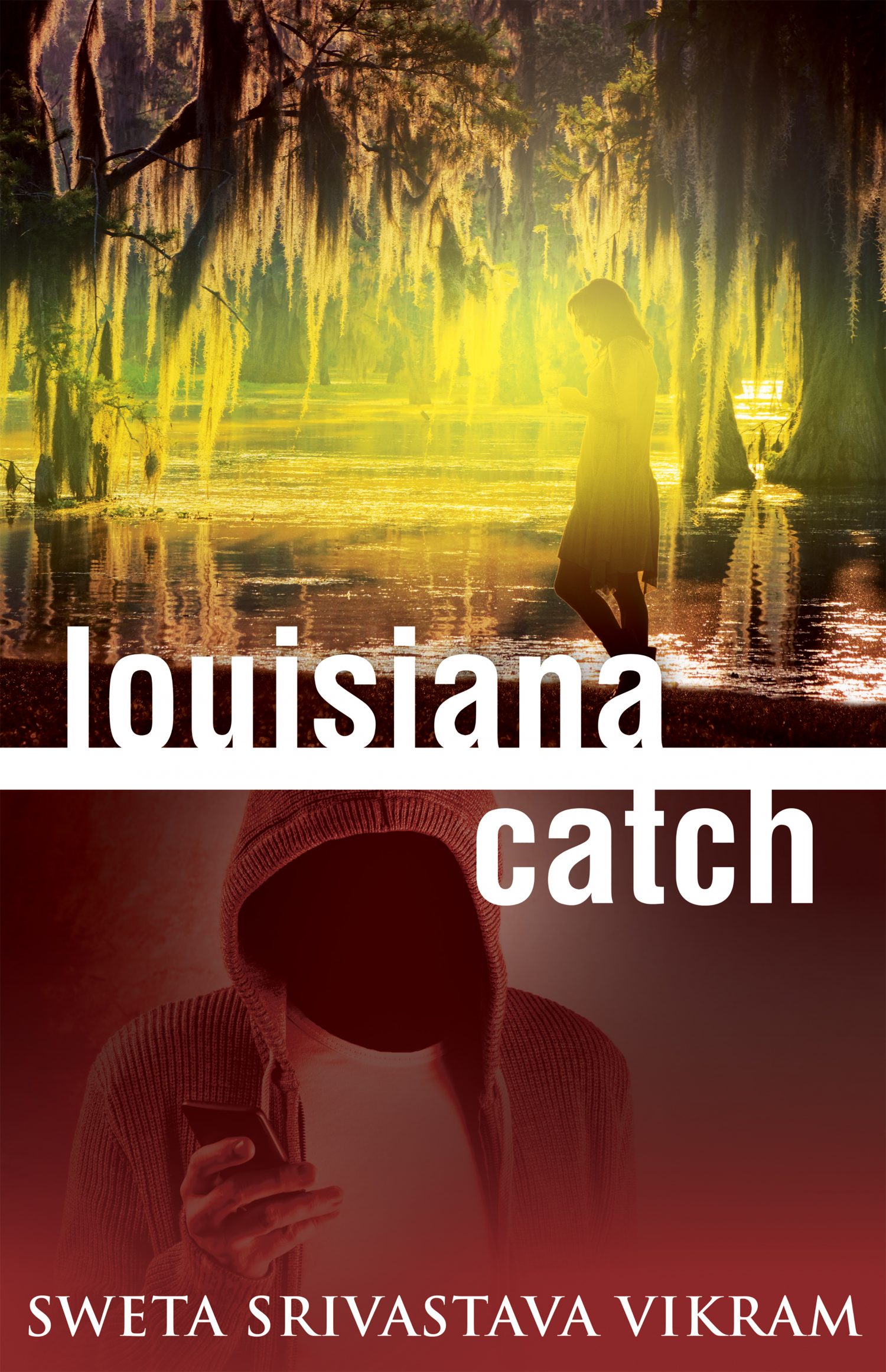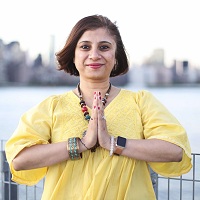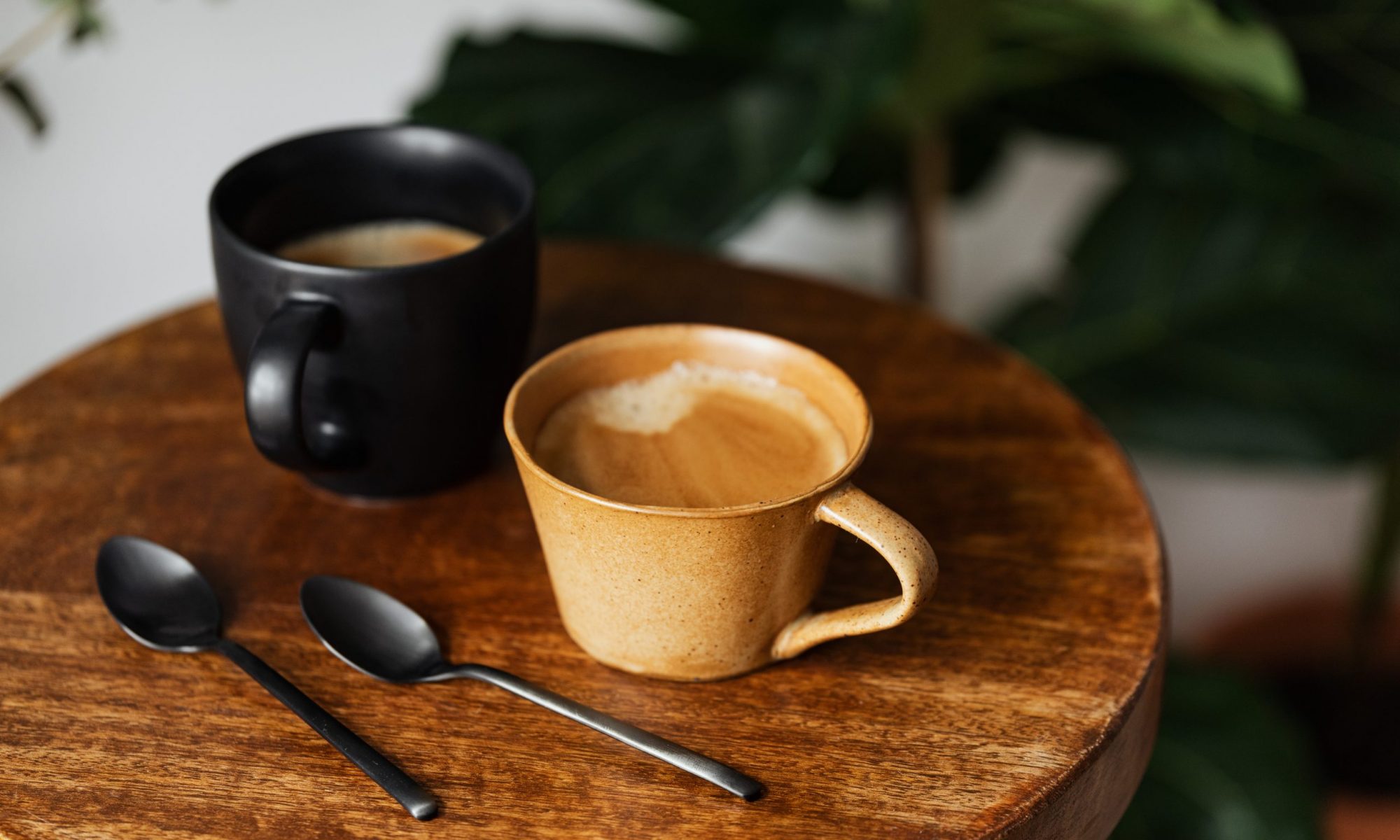
Creativity takes vulnerability. Creativity takes courage. Creativity takes honesty. As Brené Brown so eloquently says, “Owning our story can be hard but not nearly as difficult as spending our lives running from it. Embracing our vulnerabilities is risky but not nearly as dangerous as giving up on love and belonging and joy—the experiences that make us the most vulnerable. Only when we are brave enough to explore the darkness will we discover the infinite power of our light.”
While the process of writing and sharing, our stories can be empowering, the in-between process can turn us writers into wrecks. Writing can sometimes mean opening certain doors from your past you had sealed shut. It can feel like picking on the scabs of a wound until it starts to bleed again. Sometimes, writing can introduce us to the inhumanity and darkness in the world.
I have spoken with memoirists who explore themes of darkness from their childhoods. That often means collecting memorabilia, going through diaries and journals, talking to a few accessible family members and often, their perpetrators. Can you imagine the different ways this path can lead to if they aren’t careful?
People like to believe that distraught, broken, sleep-deprived artists truly lead the creative life. I would argue against that. If you are mindful, your creativity won’t necessarily be nestled in an unstable space all the time.
What is mindfulness? As Mindful.org says, “Mindfulness is the basic human ability to be fully present, aware of where we are and what we’re doing, and not overly reactive or overwhelmed by what’s going on around us.”
In Louisiana Catch, Ahana (the female protagonist) is a marital rape survivor. Though she ends up organizing the largest feminist conference in New Orleans and meets a great guy eventually, she is hurt by her husband.  Writing about a marital survivor with respect and authenticity meant interviewing women who had been through this heinous crime; talking to experts and psychotherapists to understand what danger at home can do to a woman; and, reading up immensely on all the information available on rape within a marriage.
Writing about a marital survivor with respect and authenticity meant interviewing women who had been through this heinous crime; talking to experts and psychotherapists to understand what danger at home can do to a woman; and, reading up immensely on all the information available on rape within a marriage.
I elevated my yoga and meditation practice during this period of creativity as they help lower stress and release happy hormones. Mindfulness meant being aware of what nurtured me and what hurt. For instance, I made sure I didn’t watch anything on television or a film that was triggering.
Think about the authenticity of the story. What I mean is that if you aren’t writing about yourself (If you call it fiction, you shouldn’t be writing about yourself), your character needs to have their own voice of reason and action that might not mirror yours.
I am a social issue advocate and fierce expressionist of women’s rights. I also teach yoga to female survivors of trauma and rape. Ahana in Louisiana Catch is the opposite of me. For instance, writing about Ahana’s danger in Louisiana Catch was disturbing to me. And there were times, I would find myself talking to my character, “Girl, don’t do this.” Ha ha, spending six years with your characters will make you believe they are real people. Every time that I felt I was slipping and creating Ahana’s responses based on my personality, I would walk away. Mindfulness helped me create healthy boundaries between fiction and reality.
Truth: Researchers have found that writers face a greater risk of depression, anxiety disorders, and substance abuse. Before we reveal our souls to the world, we need to be strong within. For writers, it is extremely important to take care of whatever and whoever helps us keep it together so every little rejection, research, review, and response doesn’t shake us to the core. Geniuses like Sylvia Plath, Hunter Thomson, Virginia Woolf, Ernest Hemingway, Yukio Mishima, Anne Sexton, and David Foster Wallace shared stories about the world with us, but when it came to their own lives, they couldn’t cope with reality.
Cultivating a mindfulness practice can gently remind: how much is too much, nudge you to tell truer stories, and introduce you to a healthier and happier space where creativity can reside.
About the Author: Sweta Vikram
 Sweta Srivastava Vikram is a best-selling author of 11 books, a wellness columnist, and a mindfulness writing coach. Featured by Asian Fusion as “one of the most influential Asians of our time,” Sweta writes about women, multiculturalism, and identity. Her work has appeared in The New York Times and other publications across nice countries and three continents.
Sweta Srivastava Vikram is a best-selling author of 11 books, a wellness columnist, and a mindfulness writing coach. Featured by Asian Fusion as “one of the most influential Asians of our time,” Sweta writes about women, multiculturalism, and identity. Her work has appeared in The New York Times and other publications across nice countries and three continents.
Louisiana Catch (Modern History Press 2018) is her debut U.S. novel. Born in India, Sweta grew up between the Indian Himalayas, Northern Africa, and the United States collecting and sharing stories. Exposure to this vast societal spectrum inspired her to become an advocate for social issues and also to get certified as a Holistic Health Counselor. In this avatar, Sweta is the CEO-Founder of NimmiLife through which she helps people elevate their productivity and creativity using Ayurveda and yoga. A certified yoga teacher, Sweta also teaches yoga and mindfulness to female survivors of rape and domestic violence. She lives with her husband in New York City.
